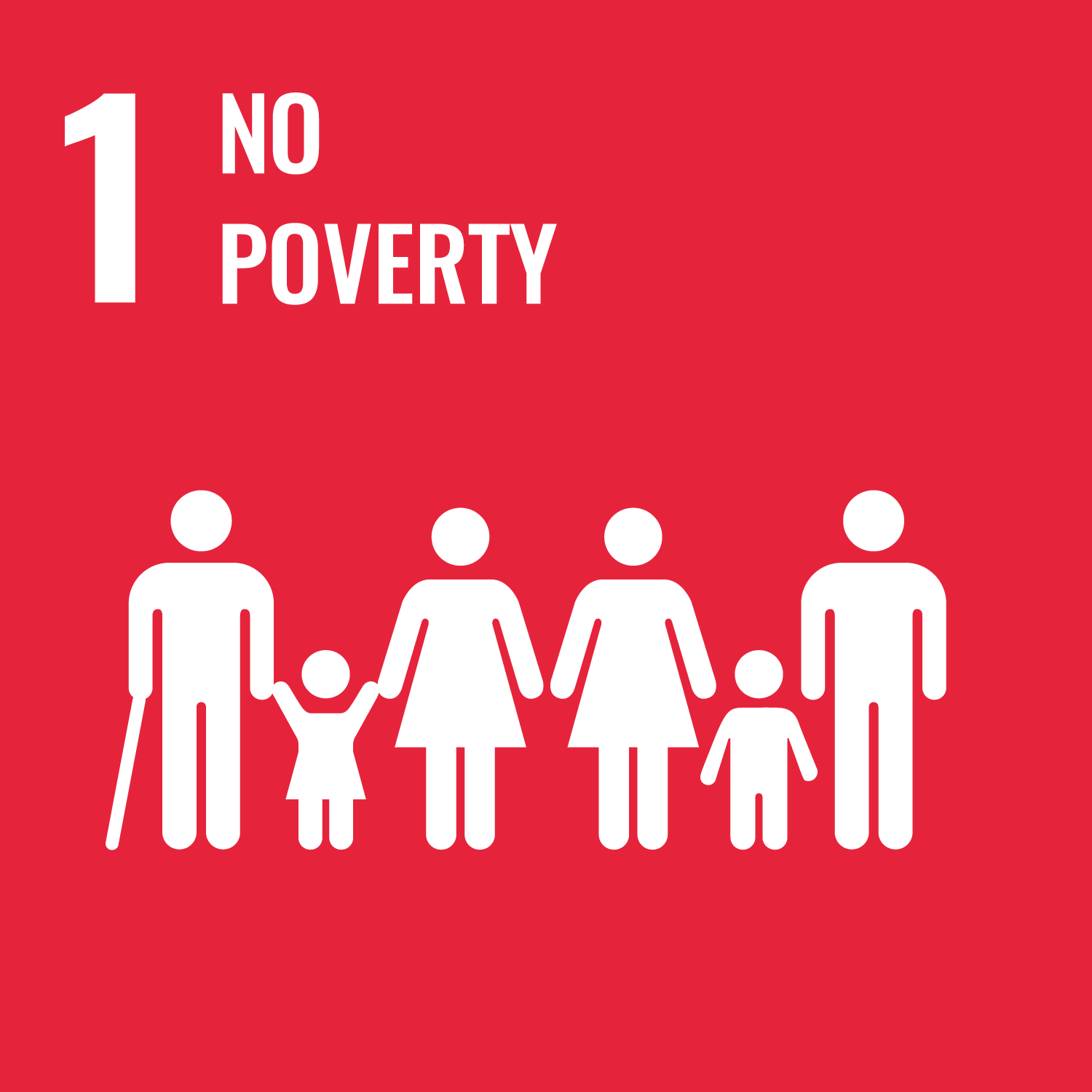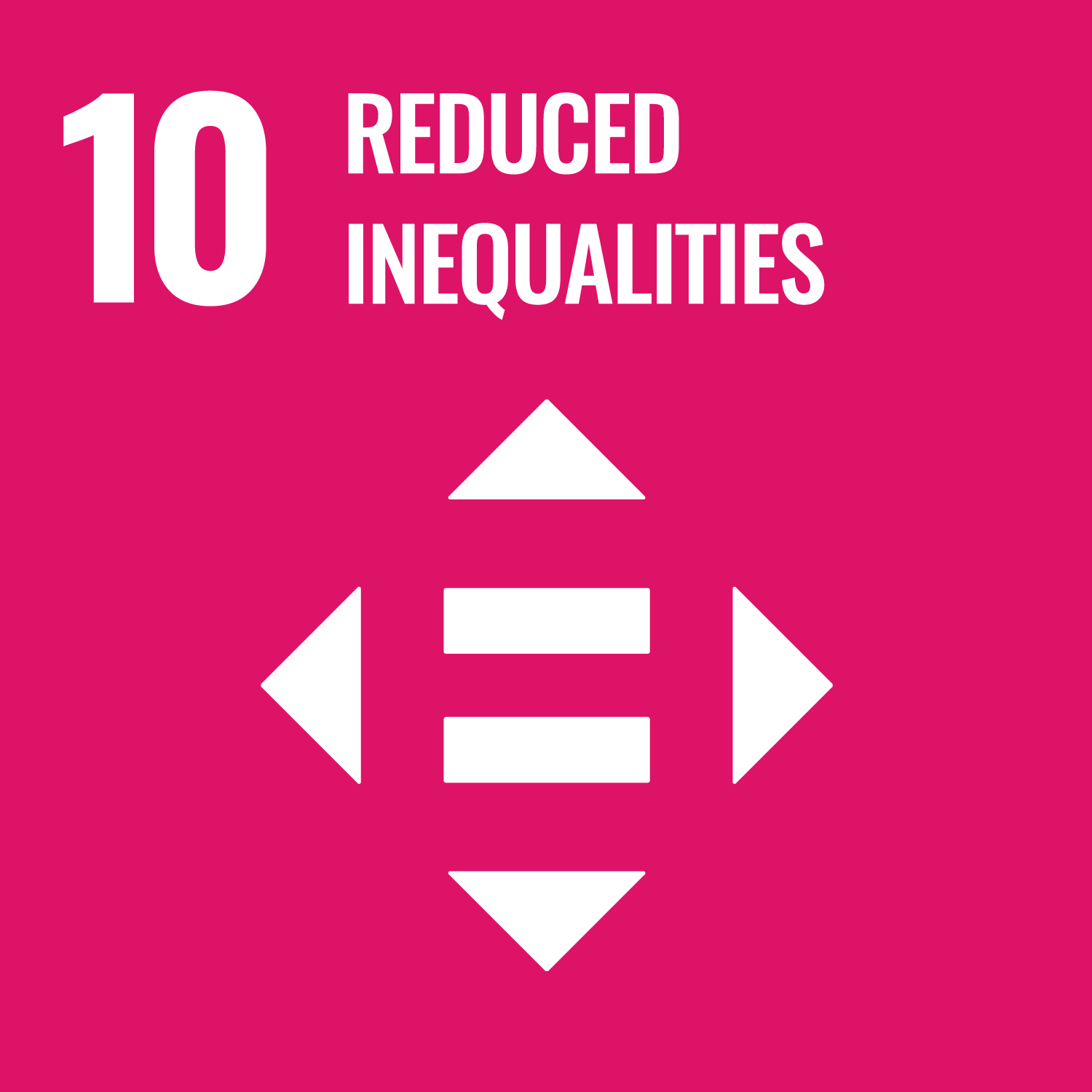Program for Results-Oriented Socio-Economic Progress and Economic Resilience (PROSPER)
Aligned SDGs



- Program for Results-Oriented Socio-Economic Progress and Economic Resilience (PROSPER)
- General overview
- Intervention
- Location
- Last data update
- Spreadsheet of data
- Program for Results-Oriented Socio-Economic Progress and Economic Resilience (PROSPER)
- General overview
- Intervention
- Location
- Last data update
- Spreadsheet of data
General overview
Stage of development: Late stage
Policy sectors: Social protection
Delivery locations: Kenya
Country classification: Lower-middle-income
Intervention
Social or environmental challenge
For the first time in 25 years, extreme poverty is on the rise. Communities living in extreme poverty are still reeling from the unprecedented disruption of Covid-19, and are the most affected by rapid inflation. In Kenya, 17% of the population (9M people) live in extreme poverty. There is a growing SDG financing gap estimated at US$ 4.2 trillion per year (+70% compared to pre-Covid). Closing this gap necessitates mobilizing more resources and more effective use of those. The poverty graduation model is an excellent example of an evidence-based approach to ending poverty through micro-enterprise creation. However, results vary significantly across and within countries. Tying payment to results could address these limitations by both providing flexibility to adapt and accountability for results. But payment for results at scale has been limited.
Description of the intervention
This project aims to market and sell social impact generated through implementation of the evidence-backed Village Enterprise poverty graduation model on an emerging impact marketplace called the Common Good Marketplace (CGM). CGM is a global impact marketplace that exists to advance the SDGs and human flourishing by measuring, valuing, independently verifying and delivering social and environmental impact. The impact generated by Village Enterprise will be validated and marketed as "Verified Impact Assets" (VIAs). Upon successfully marketing and selling our first issuance of VIAs, Village Enterprise's leading impact investors for our first impact bond, such as Delta Fund and Bridges Outcome Partnerships, are ready to provide the working capital needed to further scale Village Enterprise programming, the social impact of which would also be validated and marketed on the Common Good Marketplace.
Location
Country:
- Kenya
Locality:
- Kenya
Last data update
Data for this pipeline project was last updated in March 2024
You might have noticed that some pipeline projects have more data than others. This is because organisations can share as much data as they want with the INDIGO initiative. If you have more data on one of these pipeline projects and would like to share with us, please get in touch at indigo@bsg.ox.ac.uk. Our full list of variables and data definitions can be found here.
Spreadsheet of data
Important Notice and Disclaimer on INDIGO Data
INDIGO data are shared for research and policy analysis purposes. INDIGO data can be used to support a range of insights, for example, to understand the social outcomes that projects aim to improve, the network of organisations across projects, trends, scales, timelines and summary information. The collaborative system by which we collect, process, and share data is designed to advance data-sharing norms, harmonise data definitions and improve data use. These data are NOT shared for auditing, investment, or legal purposes. Please independently verify any data that you might use in decision making. We provide no guarantees or assurances as to the quality of these data. Data may be inaccurate, incomplete, inconsistent, and/or not current for various reasons: INDIGO is a collaborative and iterative initiative that mostly relies on projects all over the world volunteering to share their data. We have a system for processing information and try to attribute data to named sources, but we do not audit, cross-check, or verify all information provided to us. It takes time and resources to share data, which may not have been included in a project’s budget. Many of the projects are ongoing and timely updates may not be available. Different people may have different interpretations of data items and definitions. Even when data are high quality, interpretation or generalisation to different contexts may not be possible and/or requires additional information and/or expertise. Help us improve our data quality: email us at indigo@bsg.ox.ac.uk if you have data on new projects, changes or performance updates on current projects, clarifications or corrections on our data, and/or confidentiality or sensitivity notices. Please also give input via the INDIGO Data Definitions Improvement Tool and INDIGO Feedback Questionnaire.